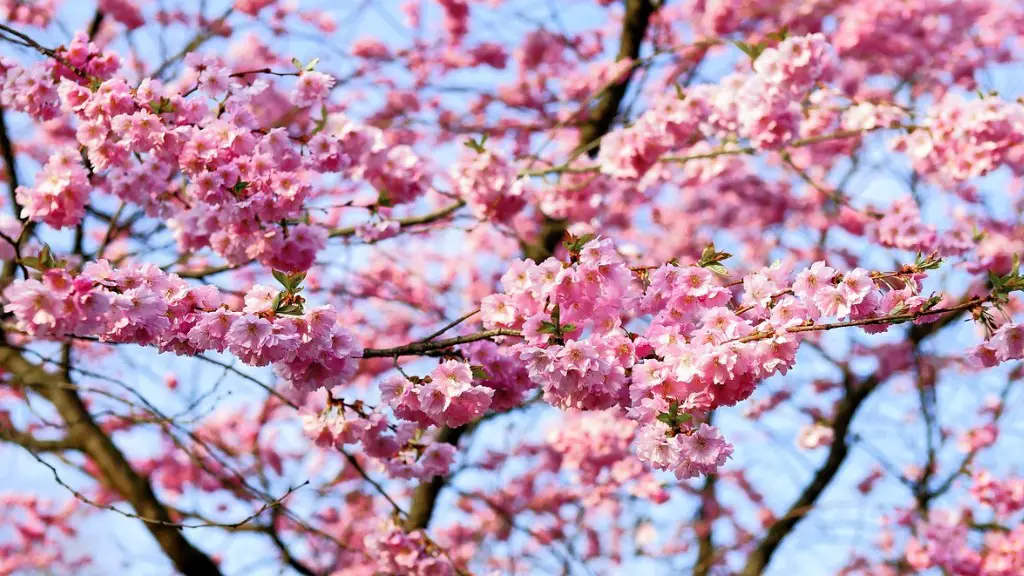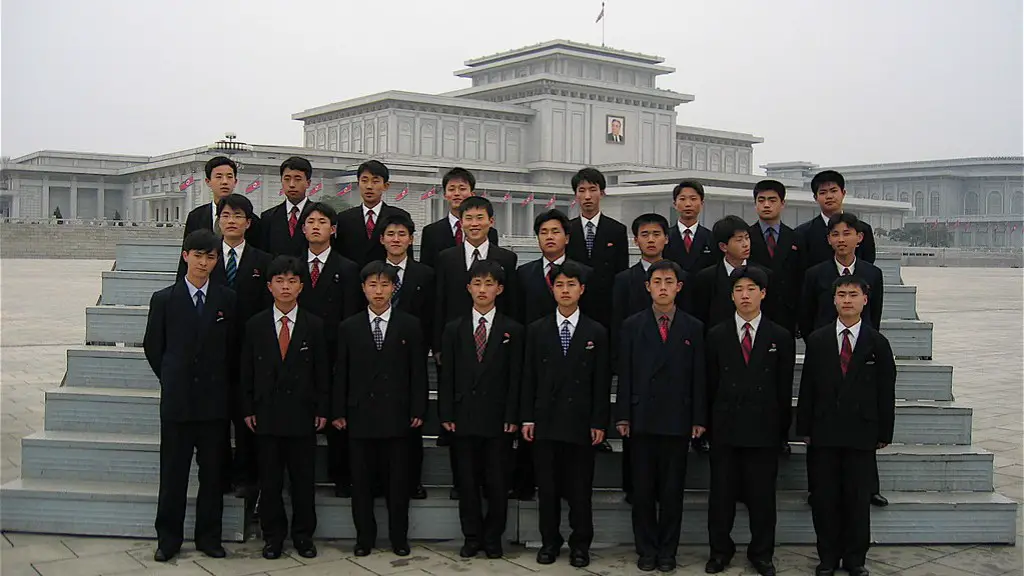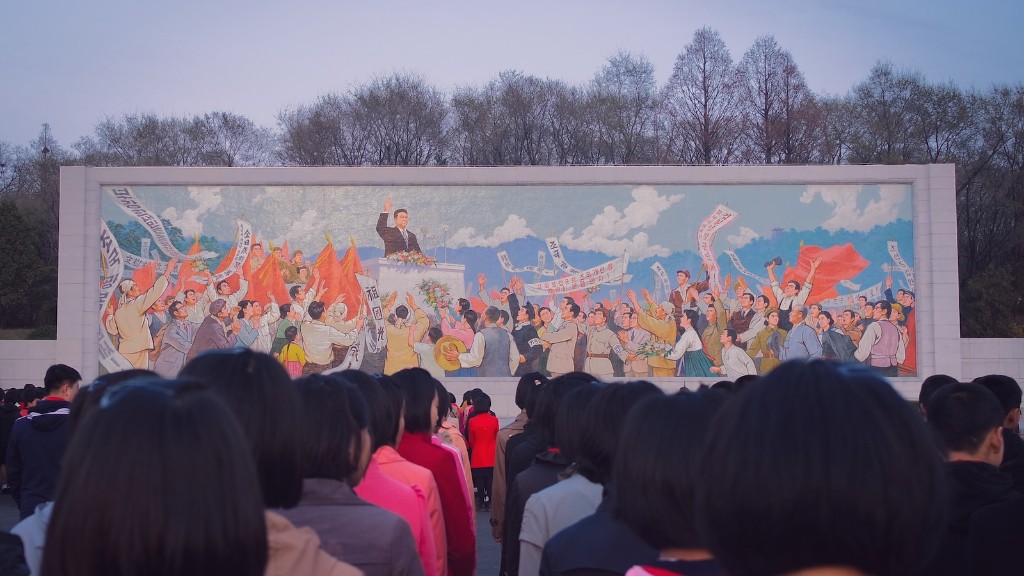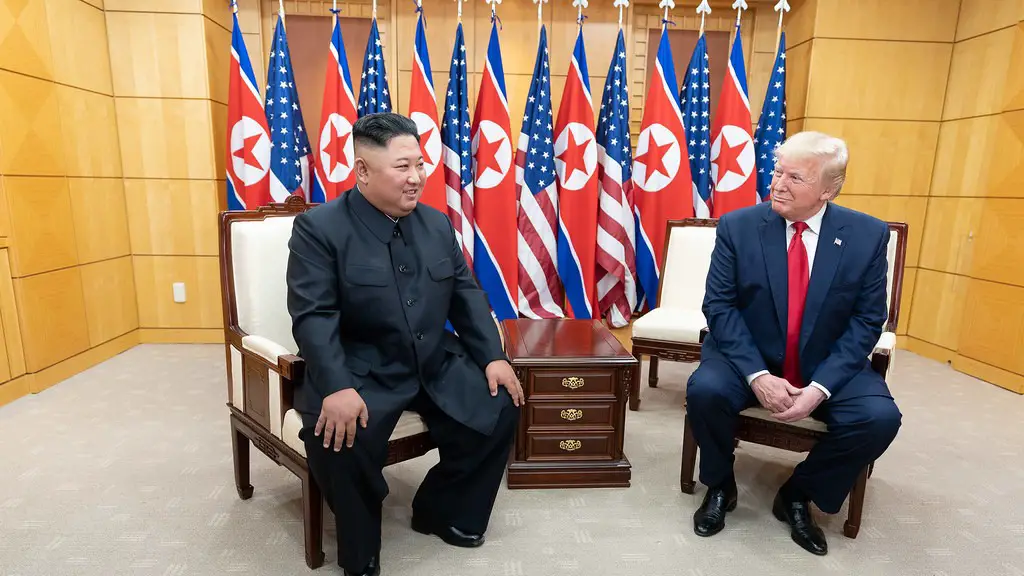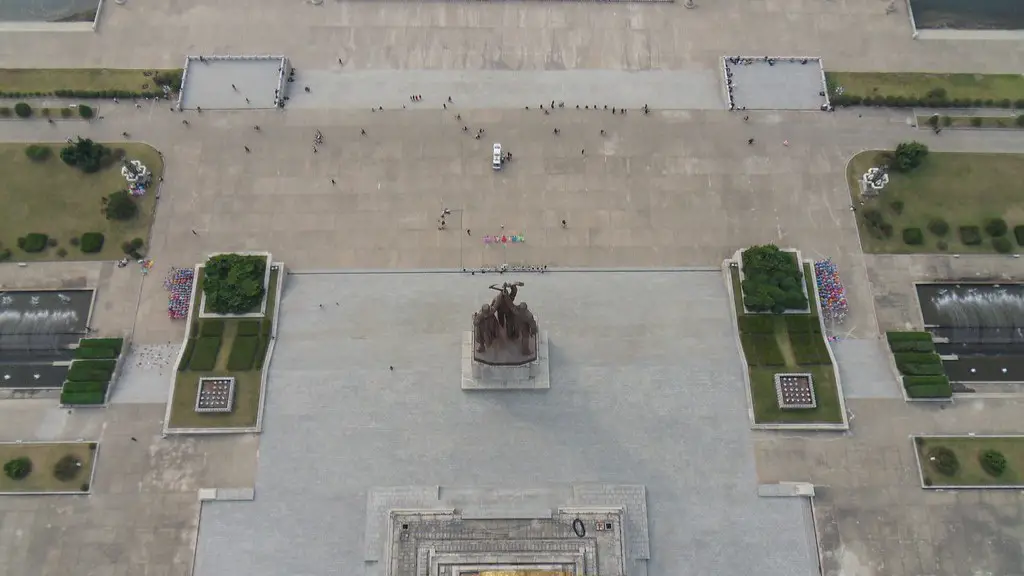What Is North Korea Government Type
North Korea’s government is led by the Kim family and is often referred to as the “hermit kingdom”. It has a single-party socialist system run by the Korean Workers’ Party, a group led by Kim Jong-un since 2011. It is one of the most isolated countries in the world, allowing little foreign travel and communication with the outside world. North Korea is widely regarded as a “rogue state” due to its nuclear weapons program, persistent human rights violations, and hostility towards other countries.
North Korea is an authoritarian regime that exerts complete control over its citizens’ lives. All political power is concentrated in the Kim family, with Kim Jong-un as the absolute head of state. The Korean Workers’ Party is the sole legal political party in the country and all other political activity is illegal. All mass media is tightly controlled by the government and North Koreans have limited access to information about the outside world.
The North Korean government relies on a vast system of internal security and a harsh penal system to maintain control over its population. It also uses a variety of tactics to stifle dissent, including arbitrary detention and censorship. It is believed that North Korea maintains extensive crime networks to finance its government and illegal activities. The country has been widely criticized for its human rights record, which has been described as atrocious.
Despite its repressive rule, North Korea has achieved some successes in economic development. It has been able to maintain relatively high levels of economic growth, although this has been largely due to Chinese economic aid. North Korea also has natural resources and exportable goods that generate revenue for the government. The country is heavily dependent on foreign aid to survive, however, and its reliance on China has increased significantly.
North Korea’s government type is not easy to classify according to traditional theories of government. It is not officially an authoritarian regime and does not use the term “dictatorship.” Some experts have described it as an absolute monarchy, as the power rests in the hands of the Kim family and there is no popular representation in government. Others argue that it is a totalitarian regime, as it exerts complete control over its citizens and has created a pervasive police state.
North Korea Political History
North Korea has a long and complex political history. It was colonized by Japan in 1910 and remained under its control until the end of World War II. In 1945, the Soviet Union liberated the country and then installed a communist government. In 1948, North Korea declared itself to be an independent socialist state. After the Korean War (1950-1953), the two Koreas were divided, with the North establishing an authoritarian regime under the rule of Kim Il-sung.
Since then, the Kim family has been in control of North Korea and has ruled the country for three generations. Kim Il-sung was in power until his death in 1994, when his son, Kim Jong-il, took over. In 2011, Kim Jong-il’s son, Kim Jong-un, became the leader of North Korea and is currently the country’s Supreme Leader.
The North Korean government is a single-party state and its political system is based on the Juche ideology, which emphasizes self-reliance, socialism, patriotism, and strong loyalty to the Kim family. The government maintains a tight grip on information and uses censorship and propaganda to manipulate public opinion and to promote its own ideology.
The country has an isolationist foreign policy, maintaining a hostile stance towards many of its neighbours and other countries. It is also known for its nuclear weapons program and its aggressive rhetoric against other countries. North Korea is one of the few countries in the world that is not a member of the United Nations.
North Korea Economy
North Korea’s economy is heavily centralized and state-controlled. The government controls all major industries, as well as the resources needed to operate them. Private ownership of businesses is prohibited, although private trade and markets are allowed. Private entrepreneurs are also allowed to operate small business activities, but they are closely monitored by the government.
The economy is heavily dependent on foreign aid, mainly from China. This has enabled North Korea to maintain a high level of economic growth, although the economy remains underdeveloped. North Korea also relies heavily on natural resources, including coal, iron ore, limestone, and precious minerals.
North Korea also produces military equipment for export. This has been a major source of revenue for the country, although it has been hampered by UN delays and intensified sanctions. The country is also highly dependent on exports of labor to China and Russia, and both countries have imposed restrictions on worker visas.
The economy of North Korea is further hindered by corruption and inefficiency. The government has used its monopoly in the economy to control prices, limit foreign investments, and impose obstacles for businesses. The currency, the won, is heavily overvalued, making international trade difficult.
North Korea Human Rights
North Korea has a long history of human rights abuses. The government maintains a strict control over the population and there is no freedom of expression or independent media. Citizens have little freedom of movement, as they are not allowed to travel outside the country without permission. They are frequently subjected to arbitrary detentions and interrogations, and the population is kept under constant surveillance.
The North Korean government also perpetrates a variety of other human rights violations, including torture, forced labor, and disappearances. People are often detained for political or religious reasons and some are sent to prison camps for extended periods of time. There are also reports of extrajudicial killings of suspected dissenters.
The government also maintains strict control over religious activities. All religious activities are heavily monitored and authorities often imprison those who are perceived to be practicing “unapproved” faiths. In some instances, religious prisoners have been executed or sent to labor camps.
The United Nations has condemned North Korea’s human rights record and has called for an immediate improvement. The North Korean government has denied the allegations of human rights violations and has refused to cooperate with UN investigators.
North Korea Society and Culture
North Korean society is highly controlled by the government and society is based on the Juche ideology. Education is heavily monitored and all citizens must pursue an approved curriculum. Access to foreign media and Internet is strictly limited, and all citizens are expected to demonstrate loyalty to the government. There is no freedom of speech or assembly and political dissent is harshly punished.
North Korean culture is heavily influenced by traditional Korean culture, as well as by Communism and Juche principles. Traditional Korean aesthetics are often seen in North Korean art, music, and literature. The government also promotes its own products, such as the Arirang Mass Games and the Pyongyang Marathon.
North Korean citizens often express their dissatisfaction with the government in private. Despite the restrictions, private market activities are becoming increasingly common and some North Koreans have begun to express their dissent in public. These acts of civil disobedience have been met with harsh repression from the government, and there have been reports of citizens being arrested and detained.
Despite its repressive government, North Korea has managed to maintain its own distinct political and cultural identity. Its people have a long history of resilience, and some of its culture and traditions have been preserved. North Koreans have also embraced modern technology, and the use of cell phones and other digital devices is becoming increasingly common.
North Korea Foreign Relations
North Korea maintains an isolationist foreign policy and maintains hostile relationships with many nations. It is heavily sanctioned by the international community and has become increasingly isolated in recent years. It has a particularly hostile relationship with the United States and has frequently engaged in hostile rhetoric and provocative behavior.
North Korea is also hostile to its neighbours, South Korea and Japan, and it has repeatedly violated international agreements. North Korea is believed to have one of the largest and most advanced nuclear weapons programs in the world and has conducted numerous tests and launched missile launches in recent years.
North Korea has a few diplomatic allies, including China, Russia, and Syria. China is North Korea’s biggest trading partner and has provided substantial economic aid to the country. China has also been an important mediator in attempts to reduce tensions between North Korea and its Western adversaries.
North Korea has also developed closer ties to Russia in recent years. This has enabled the country to access new markets and to build close economic and military ties. Despite this, North Korea remains heavily sanctioned and under constant threat of attack from the United States and its allies.
North Korea Summary
North Korea is a single-party state led by the Kim family and is one of the most isolated nations in the world. It is an authoritarian regime that exerts complete control over its citizens’ lives and is widely regarded as a “rogue state”. It has achieved some successes in economic development, despite its repressive rule, and relies heavily on exportable goods and foreign aid to survive.
The North Korean government is often not classified according to traditional definitions of government. It is widely condemned for its human rights abuses and its nuclear weapons program. The country has a long and complex political history and its citizens have a long history of resilience and resistance. The country has a few diplomatic allies and is working towards improving its relationship with the international community.
